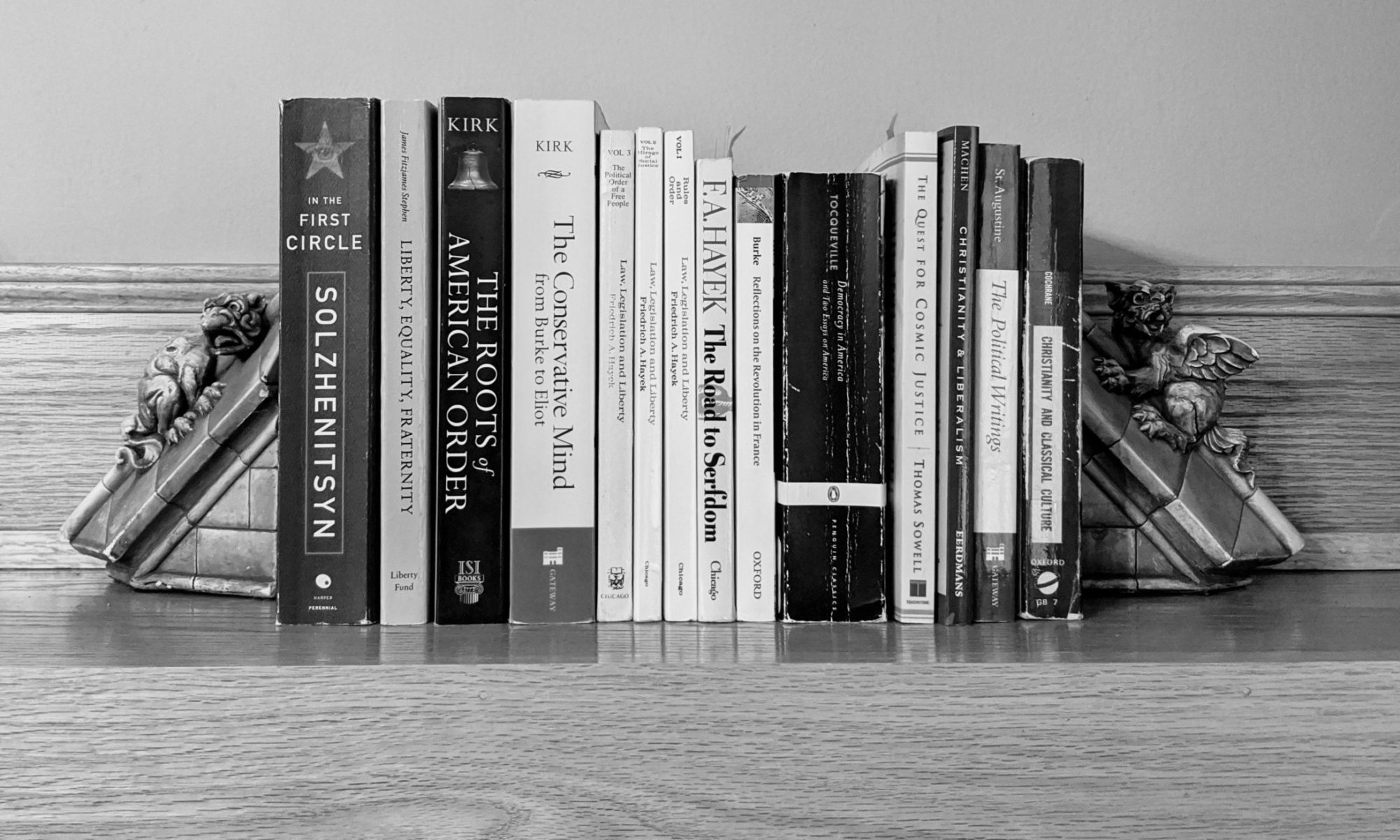Link(5/21/2020)
Links(5/20/2020)
Links(5/19/2020)
Links(5/17/2020)
Fighting for the Past – Part 2
History is truly the witness of times past, the light of truth, the life of memory, the teacher of life, the messenger of antiquity.
Marcus Tullius Cicero
Cicero (106 – 43 BC), the Roman philosopher, statesman, and orator conferred the title “The Father of History” to Herodotus (c. 484 – c. 425 BC), a Greek writer, for his magnum opus: The Histories, an account of the Greco-Persian Wars (c. 492 – c. 448 BC). Prior to Herodotus, the writing of history was almost indistinguishable from the composition of myth and fable. Herodotus systematically collected his materials and arranged them in a well-constructed narrative. In the prologue of The Histories, Herodotus imparted the purpose of The Histories. (The Greek word “historie” means “inquiry.”) He wrote, “Here are presented the results of the enquiry carried out by Herodotus of Halicarnassus. The purpose is to prevent the traces of human events from being erased by time, and to preserve the fame of the important and remarkable achievements by both Greeks and non-Greeks; among the matters covered is, in particular, the cause of the hostilities between Greeks and non-Greeks.”
Thucydides (c. 460 – c. 400 BC), Herodotus’s contemporary historian, wrote History of the Peloponnesian War which chronicled 27 years of war and tension between Athens and Sparta (431 BC – 404 BC). In Book 1, Chapter 22, Thucydides wrote, “The absence of romance in my history will, I fear, detract somewhat from its interest, but if it is judged worthy by those inquirers who desire an exact knowledge of the past as an aid to the understanding of the future, which in the course of human things must resemble if it does not reflect it, I shall be content. In fine, I have written my work not as an essay with which to win the applause of the moment but as a possession for all time.” History of the Peloponnesian War sets a standard for scope, concision and accuracy that makes it a defining text of the historical genre.
For more than 2 millenniums, historians have followed the footsteps of Herodotus and Thucydides pursuing the facts of historical events and notable individuals with the purpose of discovering the truth about society. Like Herodotus and Thucydides, they ask timeless questions: What makes nations go to war? How can politics elevate or poison a society? What is the measure of a great leader or a great democracy? Their works offer lasting insight into human nature, and the complexity of politics and wars. Their works help us to better understand what great figures do, how cities rise and fall, the choices that people make, the fortunes of battles, and the fortunes of politics.
G.K. Chesterton once said, “We can be almost certain of being wrong about the future, if we are wrong about the past.” The historian’s burden is to get the facts of the past correct through painstaking research. Sir Geoffrey Elton (AD 1921 – 1994), president of the Royal Historical Society and the Regius Professor of Modern History at the University of Cambridge, remarked that the task of the historian is “to discover the truth as best as he can, to convey that truth as truthfully as he can, in order both to make the truth known and to enable man, by learning and knowing the truth, to distinguish the right from the wrong reason.” Sir Elton believed that there exists a “dead reality independent of the enquiry.” He explained, “At some time these things actually once happened, and is now impossible to arrange them for the purpose of experiment.” In other words, the past has an objective reality.
This certainly is not the view of Nikole Hannah-Jones. In my last essay, Fighting for the Past-Part 1, I quoted Nikole Hannah-Jones’ response to her critics, “…that people who write history are not simply objective arbiters of facts, and that white scholars are no more objective than any other scholars, and that they can object to the framing and we can object to their framing…” According to Hannah-Jones, there is no objective historical fact. Hence, there is no rational basis to disagree with her statements such as, “Conveniently left out of our founding mythology is the fact that one of the primary reasons some of the colonists decided to declare their independence from Britain was because they wanted to protect the institution of slavery.” While she is busy debunking others’ work, Hannah-Jones exposes her double standard by claiming her own construct as fact.
https://thefederalist.com/2020/05/06/new-york-times-wins-another-pulitzer-for-falsifying-history/
Historical relativism is not only the dogma of amateur historians like Hannah-Jones, it is also the premise of “New History” which is now the dominant form of History in academia. “Old History” or “Traditional History” has largely been relegated to the periphery. The displacement of “Old History” by “New History” in the discipline of History has grave consequences to the survival of our republic. It changes the way how American History is being taught in schools. George Orwell once wrote, “The most effective way to destroy people is to deny and obliterate their own understanding of their history.” In Part 3 of Fighting for the Past, I will go into more detail about the history of “New History”, its central figures and their connection to the progressive education movement.
